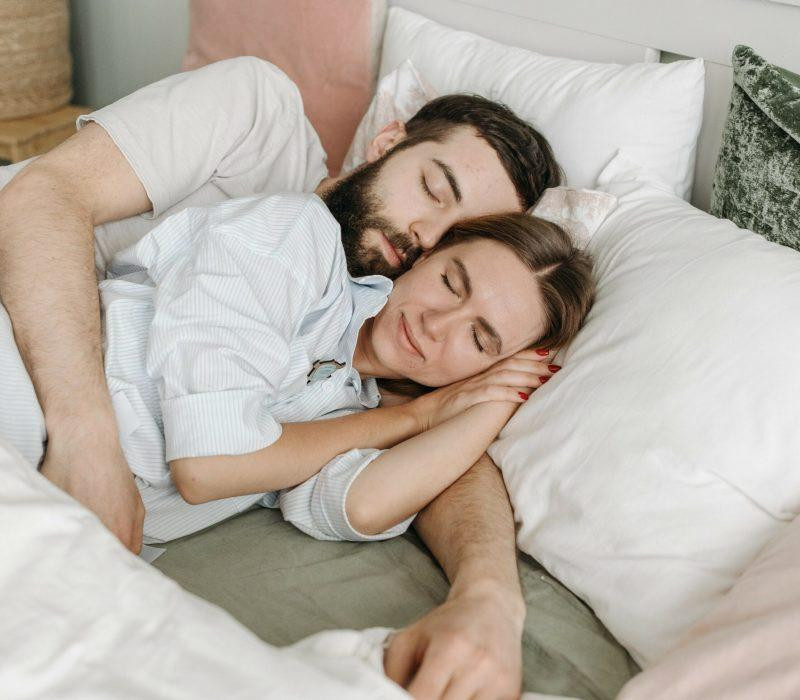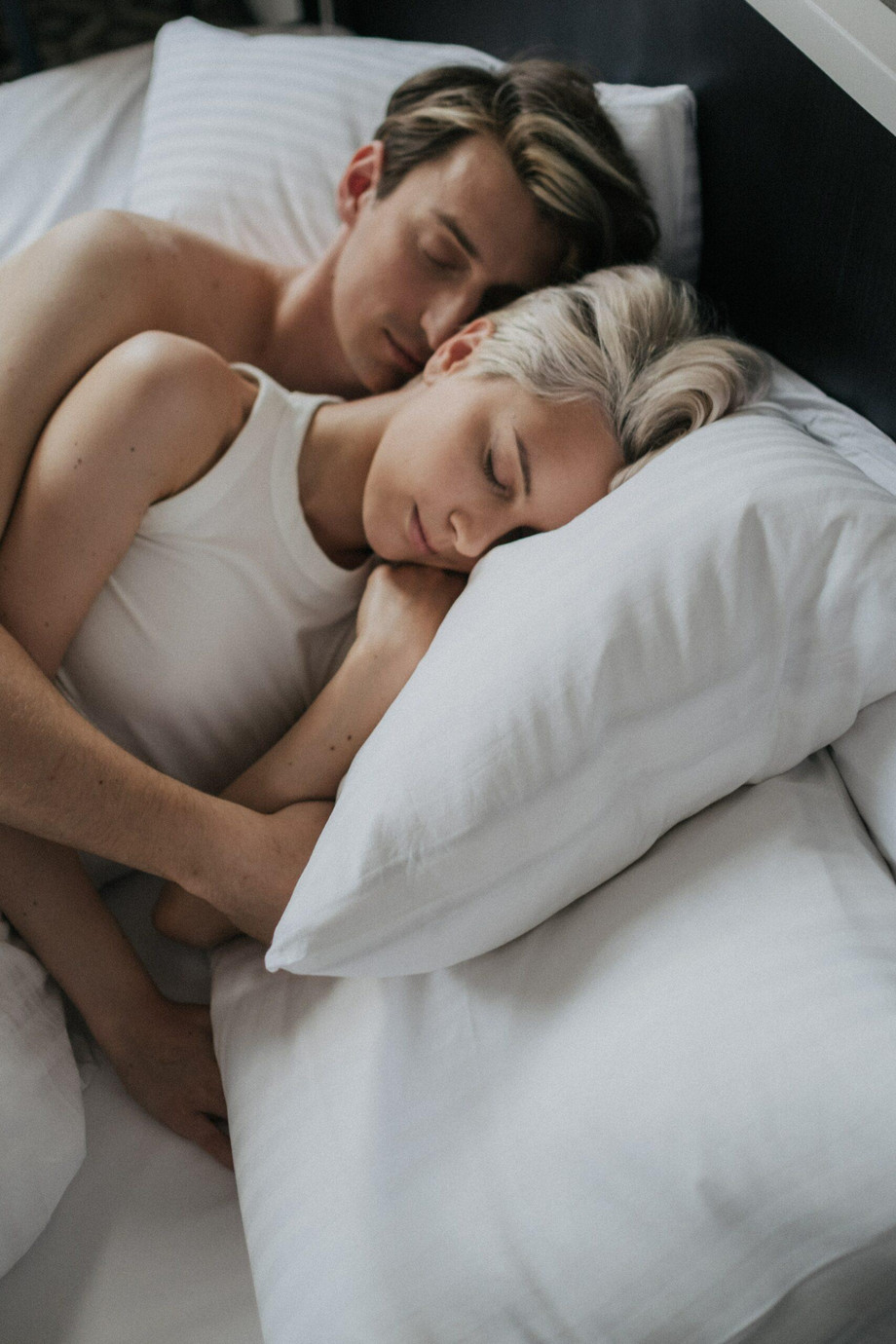Can You Treat Sleep Apnea At Home?
Sleep apnea is a sleeping condition in which your breathing stops and starts for a few minutes while you sleep. Houston sleep apnea treatments may include lifestyle changes such as changing sleep positions, losing weight, medical devices like CPAP machines, or surgery. You may be able to treat mild and moderate sleep apnea at home with some lifestyle changes. Your doctor who does sleep apnea treatment near me may recommend that you.
lose weight
Sleep apnea affects almost half of the population. If you're overweight, you may have extra tissue in your throat, making it difficult to breathe. According to a sleep apnea specialist, even a few pounds, losing weight can often help you feel better.
Alter your sleeping position.
Sleep apnea treatment Houston recommends staying off your back as it will allow you to breathe more comfortably. Here's a way to avoid rolling over: Make a tube sock out of two tennis balls and attach it to the back side of your pajamas.
Treat allergies
Nasal allergies can swell the tissues in your airways and narrow them, thus making breathing harder. Consult with your sleep apnea treatment Houston tx specialist about how to get these conditions under control.
Quit smoking.
Smoking causes edema in the upper airway, exacerbating snoring and sleep apnea. It would be better if you quit smoking if you have sleep apnea.
What are the medical treatment options available for sleep apnea?
Continuous Positive Airway Pressure ( CPAP)
Continuous positive airway pressure (CPAP) involves sleeping with a mask over your nose or mouth. They connect the mask to a machine that continuously pumps air into your nose. This airflow keeps your airways open, allowing you to breathe normally. The most frequent and widespread treatment for sleep apnea is CPAP.
Bilevel Positive Airway Pressure (BPAP)
Bilevel positive airway pressure (BiPAP) is similar to continuous positive airway pressure (CPAP). When you breathe in and out, though, the airflow shifts, and you'll put on a mask that will connect you to the BiPAP machine. It will force air into your lungs using pressure. When you breathe normally, it pushes down your diaphragm to allow air to enter your lungs. If you have sleep apnea, the BPAP treatment option can help you in normal breathing while sleeping.
Automatic Positive Airway Pressure (APAP)
Sleep apnea dentistry near me may recommend an automatic positive airway pressure (APAP) machine if a CPAP machine does not help or causes issues. It also keeps your airway open so nothing can obstruct it as you sleep. Unlike a CPAP machine, the APAP machine adjusts the pressure it offers you as you sleep to meet your specific needs.
Surgery
If you have a medical condition that causes your throat to become too narrow, you may need surgery. Enlarged tonsils, a tiny lower jaw with an overbite, or a deviated nasal septum are examples of these diseases.
The following are the most prevalent forms of sleep apnea surgeries:
- Maxillomandibular advancement surgery. It corrects some face issues or throat obstructions that contribute to sleep apnea.
- Nasal surgery is a procedure that surgeons perform on the nose. It corrects nasal issues like a deviated septum.
- Uvulopalatopharyngoplasty is a medical procedure that helps removes soft tissue from the back of your throat and palate, widening your airway at the throat's entrance.
Conclusion
We hope the above-given information tells us some valuable things regarding sleep apnea treatment. In the above article, we also highlighted the ways to treat sleep apnea at home and medical treatment options for sleep apnea. For more informative details regarding sleep apnea, visit sleepapneatreatment.com.
Article Source : https://www.gohealthtips.com/can-you-treat-sleep-apnea-at-home/


Comments
Post a Comment